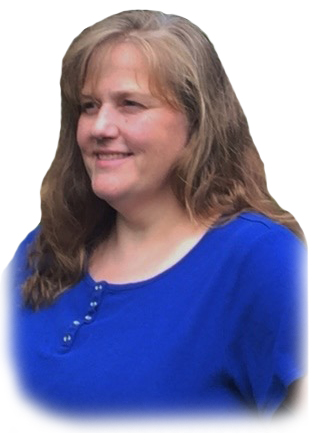Looking around at the world, the way it is today, can make even the strongest of human spirits cynical.
Government is broken, the country is torn by political divide, the rich are getting richer while the poor struggle to get by, and the fear of terrorism is real and palpable. We are living in dark and difficult times. Given all this, the easiest response might be to turn inward, take on a survivalist, every-man-for-himself attitude, build walls around ourselves, and point fingers at who we think is to blame.
However, this is a time that calls for more from humanity. It is a bold notion considering the large and looming nature of today’s host of problems. While some people might be ready and willing to step up, either on the world stage or simply close to home to lead the way, others are less certain as to how and where to begin. Yet, everyone who wants to contribute has something to offer. Not everyone needs to be like Martin Luther King Jr. and lead a civil rights movement.
One can be more like photographer Lewis Wickes Hine, who, in the early 1900s, used his skill, talent, and desire to help create positive social change.

Lewis Wickes Hine 1874-1940 (IPHF.org)
Although you may have never heard of Hine, you might recognize his photography, which includes revealing and thought-provoking photographs of immigrants arriving at Ellis Island, child laborers working in factories and coal mines, and numerous working class American men and women of the early 20th century. In fact, Hine’s work was more than just taking pictures. He is widely recognized as being responsible for helping create the field of social documentary photography as we know it today. What’s even more inspiring is the fact that we have Hine to thank, in great part, for history’s reverence toward our ancestors who were the immigrants who arrived at Ellis Island, and for the fact that America’s children are no longer forced to go to work in any conditions, let alone the dangerous and often deadly ones that children of the early 1900s had to endure.
Hine started out in 1904 in a common position as a teacher at the Ethical Culture School in New York City which shared his pragmatic and progressive approach to education. Boiling it down, Hine believed in hands-on learning with a humanist approach. His work as a teacher expanded to include using photography to document school activities.
Along the way, Hine saw the injustices of the world around him, and considered the oppression of child labor and non-existent worker’s rights as a darkness that could only be conquered with the light of truth and transparency. His desire to be that light took him into tenement buildings, factories, and coal mines where he would meet families and workers of all ages. He would take their pictures and tell their stories. In turn, he educated Americans, revealing the darkest corners of humanity he could find at the time in order to make evident the pressing need for change.

Coalbreakers, Pennsylvania c. 1910 (MoMA.org).
Hine took something simple like a camera and a good eye and with it changed minds and the world around him. His story is interesting and worth exploring further, for those who want to know more. All in all, Hine and his photography represents the potential that each of us have to bring light to the world.
We may not each create a new field of study or career as Hine did with his work, but every one of us has the ability to become a little more hands-on when it comes to making the world a better place.

Tenement Family, Chicago 1910 (MoMA.org).
With enough effort and involvement, government can be fixed, the country can heal, and legislation that helps create better opportunities for all can be affected. At very least, we can all be brave enough to be a little kinder to one another.
Humanity’s problems did not start with us and they certainly will not end with us, but that doesn’t mean we can’t try to follow Hine’s example and make a little progress along the way.
Rebecca Lux Soc is a part-time student at the University of Maine at Augusta currently working toward a bachelor’s degree in English Literature. A non-traditional student and a wife and mother, she enjoys participating in various programs and conferences on campus, working as a peer writing tutor, and is always seeking out more of the many activities and events the University has to offer for both students and the greater community.
Send questions/comments to the editors.



Comments are no longer available on this story